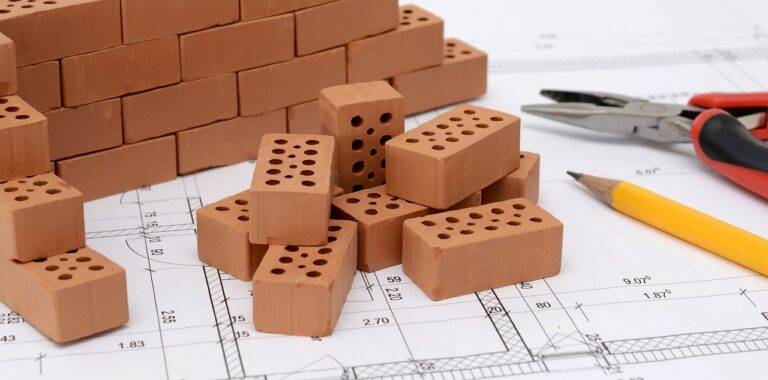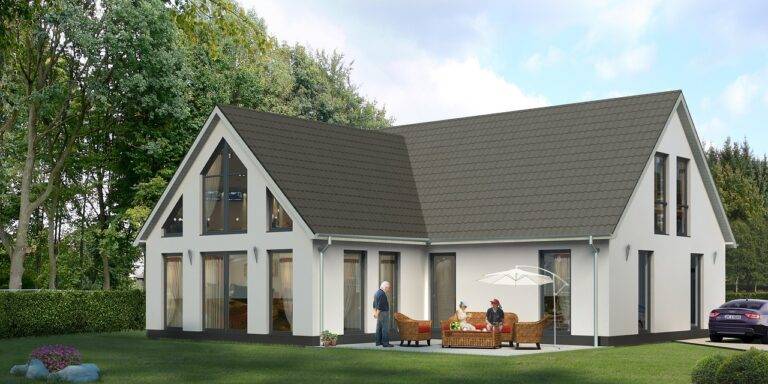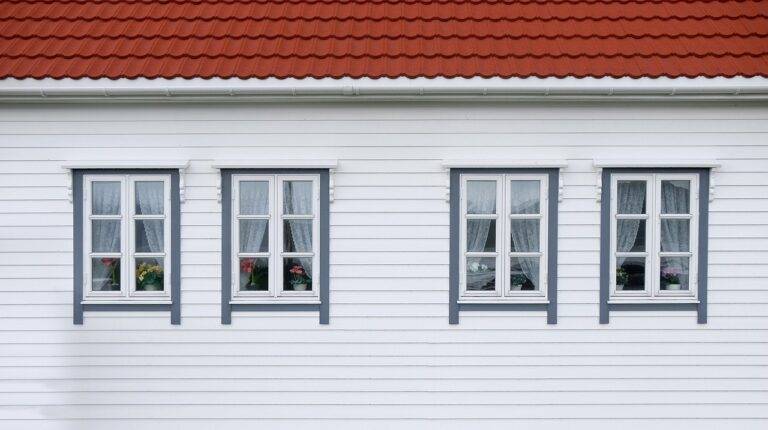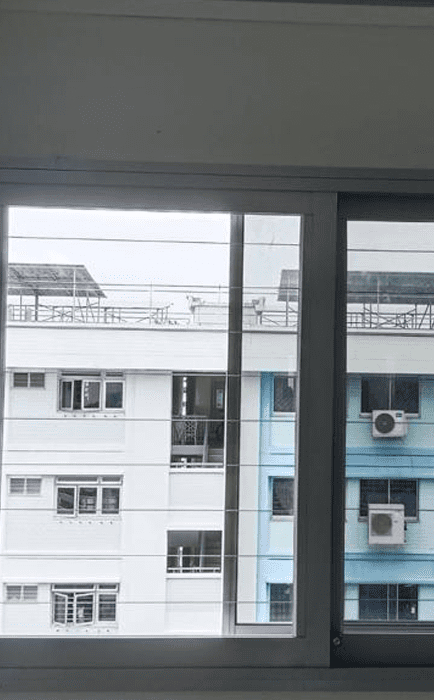Tips for Selecting the Right HVAC System
When considering installing an HVAC system, it is essential to evaluate the size of your home and the specific heating and cooling needs of each room. A professional assessment can help determine the right size and type of system to ensure optimal performance and energy efficiency. Additionally, factors such as the layout of your home, insulation levels, and local climate should be taken into account to select the most suitable HVAC system.
Cost is a significant factor to consider before installing an HVAC system. Besides the upfront installation expenses, ongoing maintenance, repair costs, and energy bills should be factored in to determine the long-term affordability of the system. It is advisable to compare quotes from different HVAC companies and consider the overall value that each option provides in terms of efficiency, reliability, and warranty coverage.
Understanding Your Home’s Heating and Cooling Needs
Ensuring your home’s heating and cooling needs are adequately met is crucial for maintaining a comfortable living environment throughout the year. Factors such as the size of your home, the layout of each room, insulation quality, and local climate play a significant role in determining the most suitable heating and cooling system for your property.
Before investing in an HVAC system, it is essential to assess the specific requirements of your home to determine the appropriate size and capacity needed. An undersized system may struggle to heat or cool your home effectively, leading to inconsistent temperatures and higher energy bills, while an oversized system can result in unnecessary energy consumption and increased wear and tear on the equipment. Consulting with a professional HVAC technician can help you accurately evaluate your heating and cooling needs and make an informed decision on the best system for your home.
How do I determine the size of HVAC system needed for my home?
The size of the HVAC system needed for your home depends on factors such as the square footage of your home, the climate in your area, and the insulation levels in your home. It is best to consult with a professional HVAC contractor to accurately determine the size of system needed.
What are some signs that my home’s heating and cooling system may not be meeting its needs?
Some signs that your HVAC system may not be meeting your home’s needs include inconsistent temperatures throughout the house, frequent breakdowns or repairs, high energy bills, and poor indoor air quality.
How often should I have my HVAC system serviced?
It is recommended to have your HVAC system serviced at least once a year, ideally before the start of the heating or cooling season. Regular maintenance can help prevent breakdowns and ensure that your system is running efficiently.
Are there any ways to improve the efficiency of my home’s heating and cooling system?
Yes, there are several ways to improve the efficiency of your HVAC system, such as sealing air leaks in your home, upgrading to a programmable thermostat, and regularly changing air filters. Additionally, proper insulation and sealing ductwork can also help improve efficiency.






